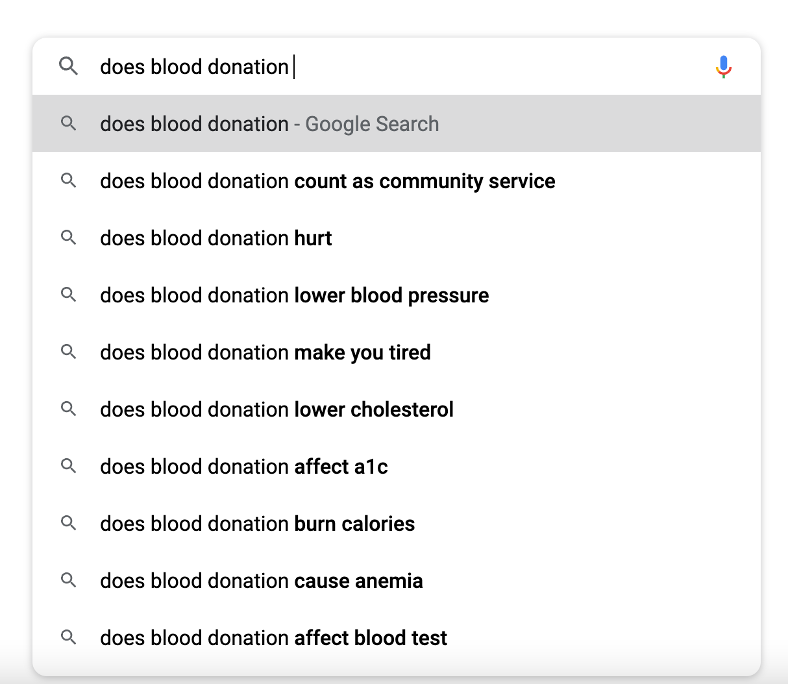
About Blood Donation / FAQs

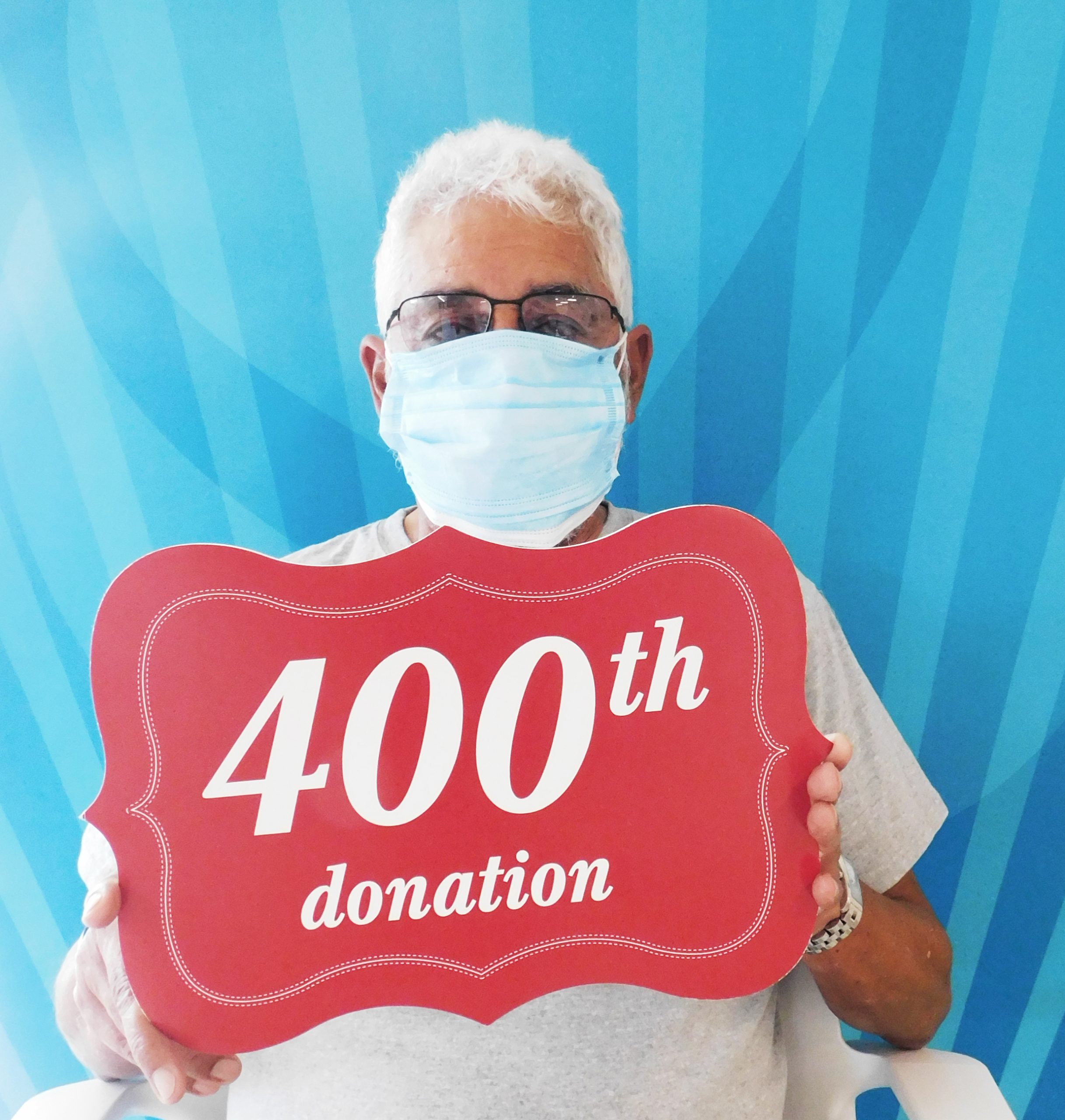
Anthony Flores’ 400th Donation
Here at SBC, we love to celebrate our incredible milestone donors. Anthony Flores recently made his 400th donation at the South Bay center. Ross Coyle, Public Relations Officer, interviewed the San Jose resident about what inspires him to donate blood and...

Purple for Platelets: Supporting Patients With Platelet Disorders
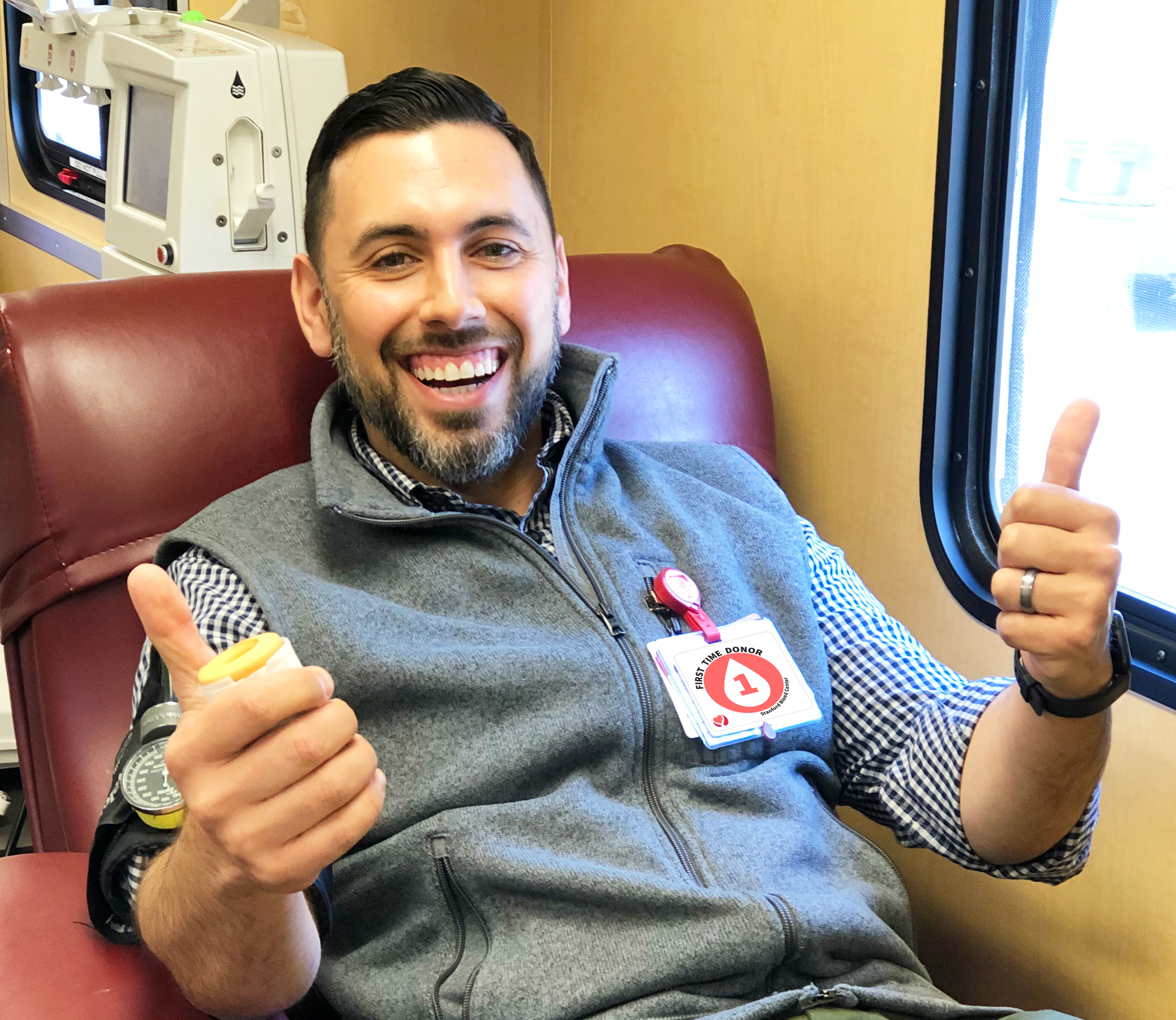
The SBC Difference: Why Donate at a Community Blood Center?
A common question we get at SBC is “What’s the difference between donating at SBC and another blood center in the area?” And while we can’t provide details as to the inner workings of other blood centers, we can tell...
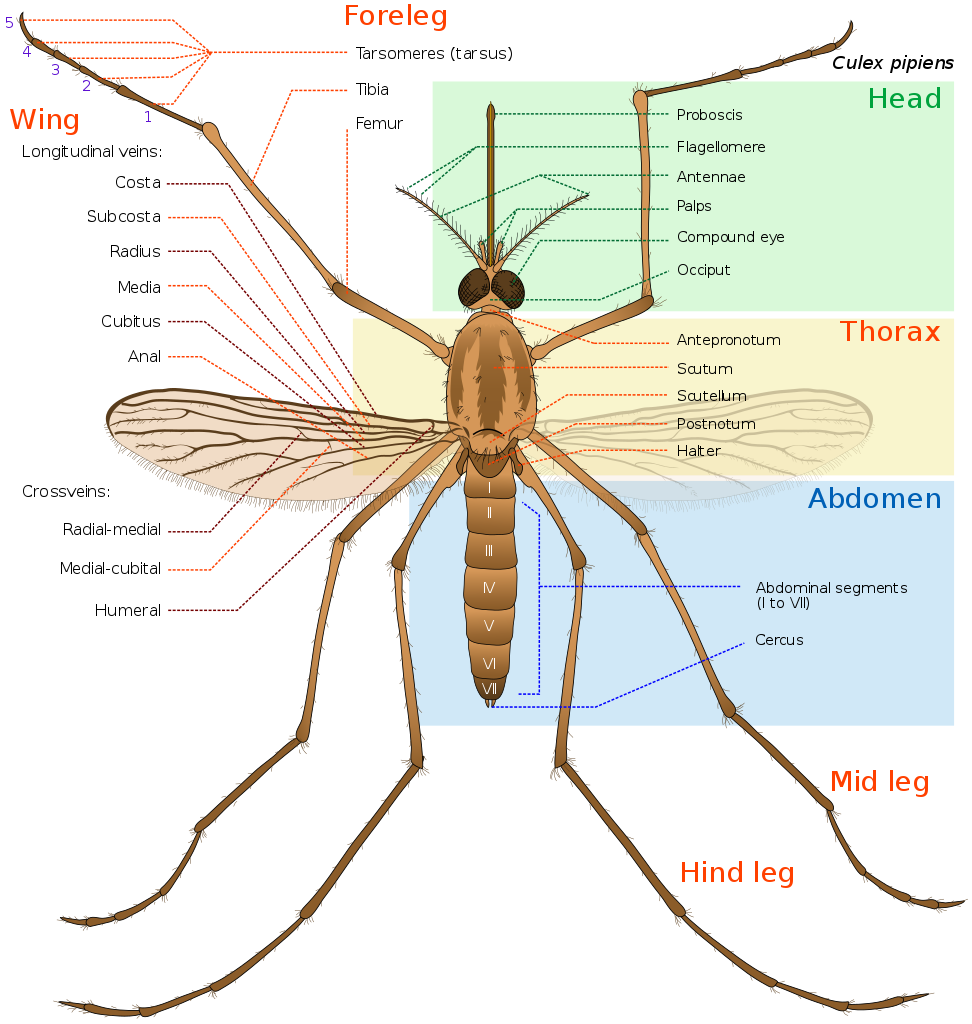
Bloodsuckers: 7 Things You Should Know About the Mosquito
Although the summer may be winding down, mosquito season is still upon us. Typically, the season goes from April to November in the Bay Area. This summer, Stanford Blood Center received quite a few interesting questions from blood donors about...

Why Blood Donation is Even More Important in Summer
Summer is (finally) approaching, and while that brings fun in the sun with beach days and BBQs, it also means the start of our summer blood need at Stanford Blood Center (SBC). As you may know, summer is a particularly...
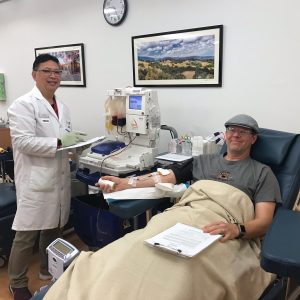
Collecting Plasma on the ALYX Machine
Beginning January 8, we expanded our collections to include plasma products drawn on the ALYX machine. The ALYX machine is an apheresis machine that separates and collects various blood components and returns what we aren’t using to the donor —...
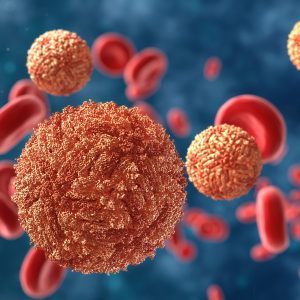
What’s Up with Zika? What Have We Learned Over the Last Few Years and Where Are We Now?
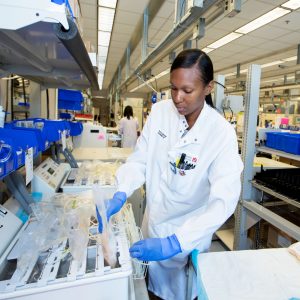
The Technology Behind Blood Donation
Think about the last time you gave blood. Did you notice all the complicated-looking machines throughout donor center? We’re sure most of you have, so we thought we’d share a bit about what each of them do (including some of...
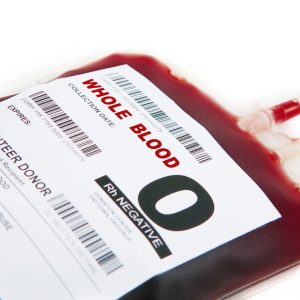
Can two Rh-positive parents have an Rh-negative child?
Your Rh status (positive or negative) is determined by an antigen found on your red blood cells (RBCs). Being Rh-positive or Rh-negative means that either you have the Rhesus D antigen on your RBCs (positive) or you don’t (negative). Rh...
